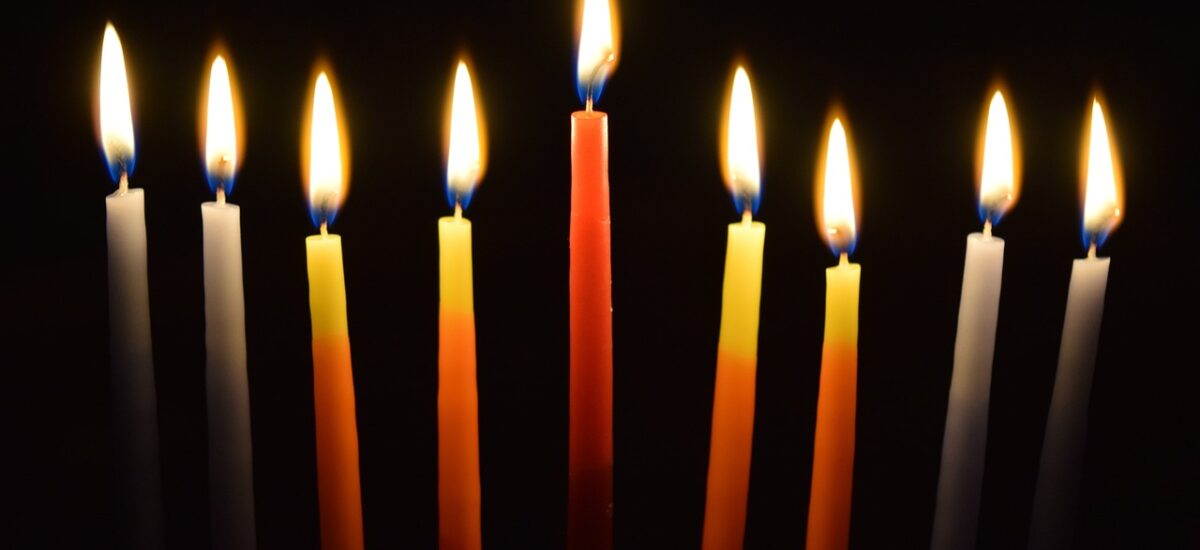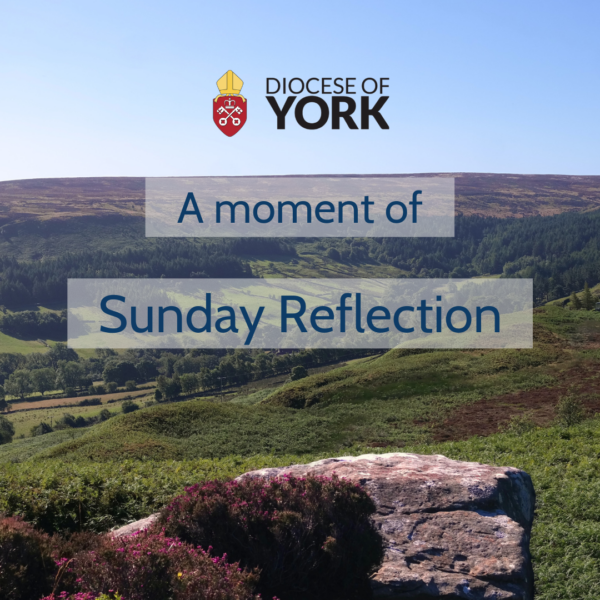Archbishop Stephen preached at York Minster on Christmas Day, 25th December:
In Saint John’s Gospel, the words that are at the very heart of the beauty and the mystery of Christmas:
The word was made flesh and dwelt among us. (John 1.14).
When it comes to protest songs, being of a certain generation, I usually turn to Bob Dylan. In fact, the fabulous Lord Lieutenant of West Yorkshire is a huge Bob Dylan fan; he is not here this morning, but whenever I preach when he’s in the congregation (and other bishops have been issued with the same challenge), he asks us whether we can weave in lyrics or titles of Bob Dylan songs into the sermon. I don’t have to try this morning because I’m thinking of the great protest songs, The lonesome death of Hattie Carroll… Only a pawn in their game… The ballad of Hollis Brown… With God on our side.
However, when it comes to protesting about the inadequacies of those who talk a good game, but whose words are never embodied in action, who don’t, as they say, ‘walk the talk’, then I can do no better than Lerner and Loewe’s fabulous musical, My Fair Lady.
It’s not really a Christmas film, so you probably won’t be watching it over the next few days, but perhaps you can recall the scene where Eliza Doolittle, utterly exasperated by the empty promises of her would be lover, cries out – I’ll quote but I won’t sing!
“Words, words, words! I’m so sick of words!
I get words all day through,
first from him, now from you…
Don’t talk of stars burning above;
If you’re in love, show me! “
The birth of our Lord Jesus Christ, the Incarnation, literally the ‘enfleshing’ of God in our very frail and very mortal humanity, is a demonstration and an embodying of love, a revelation of love, for which the old English word is ‘shewing’.
The word was made flesh and lived among us.
The word who is the heart and purpose of God, with God from the beginning, through whom all things were made flesh, sharing our humanity in the Christ child in the manger at Bethlehem.
God isn’t just speaking to us about love. God is showing us.
And those who came to the manger then – and those who come to Christ today – and behold this word made flesh are changed by their encounter.
Joseph learns to believe in dreams.
Mary learns of God’s purposes, God’s justice, God’s joy and sings of it defiantly and triumphantly.
Shepherds learn the promise of peace.
Magi learn to trust a wisdom beyond their maps and compasses.
Others come.
This is the story of the gospel; the story of the Christian faith which begins in Bethlehem and then overflows into all of the world; the story of those who encounter the embodiment of love in the person of Jesus Christ and are changed by it. All sorts of people: peasant fishermen, religious officials, political zealots, Roman centurions, tax collectors, prostitutes, small children and very especially those who know their need.
And we can come too. Whoever you are, however hard life has become, however difficult it is, however much you feel you may have messed things up, however broken it is, absolutely all are invited. The door is open. There is space around the table, and wonderful good news, there is a place at this table with your name on it.
God has come to us. God has come to us in his son Jesus Christ. God has come to us in the likeness of our own flesh and blood because God counts us in, whoever we are, we are welcome.
Right now, this Christmas, God’s Church itself needs to come again to the manger and strip off her finery and kneel in penitence and adoration. And be changed.
At the centre of the Christmas story is a tiny vulnerable child; a child that Herod’s furious wrath will seek to destroy, for like every tyrant, Herod cannot abide a rival.
And I believe the Church of England – the Church of England I love and serve – needs to look at this vulnerable child, at this emptying out of power to demonstrate the power of love, for it is in this tiny vulnerable child we are invited to see God.
If you’re in love, show me.
If you have love in your hearts, embody and demonstrate that love by what you do.
This is what we learn at the manger in Bethlehem, to put the needs of others first – for those who are cold and hungry and homeless this Christmas. Those who are victims of abuse and exploitation. Those who, like the little Holy family, have to flee oppression and seek refuge in a foreign land.
We, the followers of Jesus today, and all of you who have found yourself in this cathedral church this morning, we have nothing to boast, except what we see and receive in Jesus in this manger.
And, is this not a message for the world as well, in all its need, confusion and sadness.
Don’t just talk about justice, don’t just talk about joy, don’t just talk about service, don’t just talk about love. Show me.
Amen

